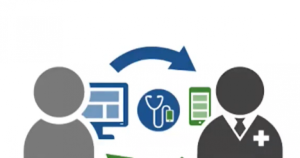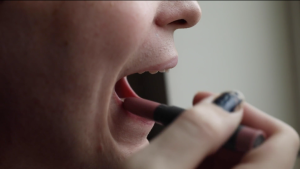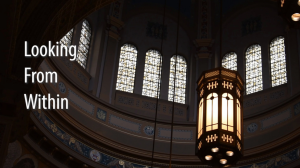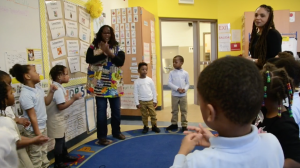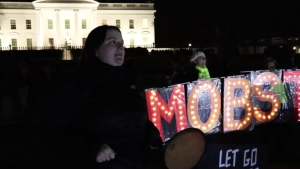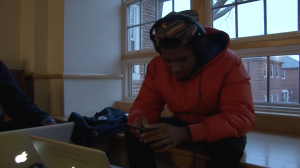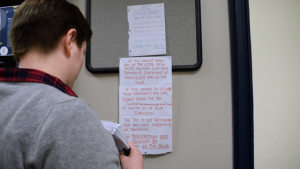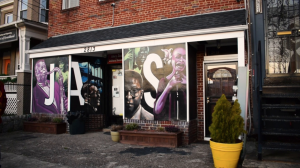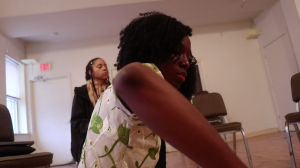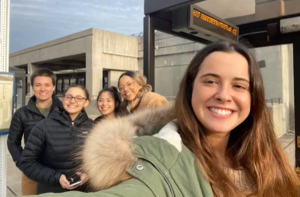Student Scholarship
2019-2020 Academic Year Projects
PUBH 6299 The Autism Experience: A Public Health Perspective with Dr. Sean Cleary
In this course a public health perspective of the autism experience is explored through service learning and community participatory research methods engaging autistic young adults, their parents, researchers, clinicians and other service providers. The course covers the science, viewpoints, and experience of autism with a focus on young adults transitioning to adulthood.
Communication Between Healthcare Professionals and Non-Speaking Adults with Autism
Nita Baliga and Abraham Kwan
Incentivizing Caregiving
Aleena West and Gary Sang
Problems Among Autistic Prisoners
Aman Kapadia
SMPA 3247 Documentary Production with Dr. Imani Cheers
These documentaries were created by students to explore an issue impacting the community.
"Hers" - A. Dunham
Tags: transgender identity, transition, gender-confirming surgery, public health
"Looking From Within" - A. Gallagher
Tags: sexual abuse, child abuse, Catholic church
"An Invisible Wall" - A. Nguyen
Tags: immigration, international students, English as a second language
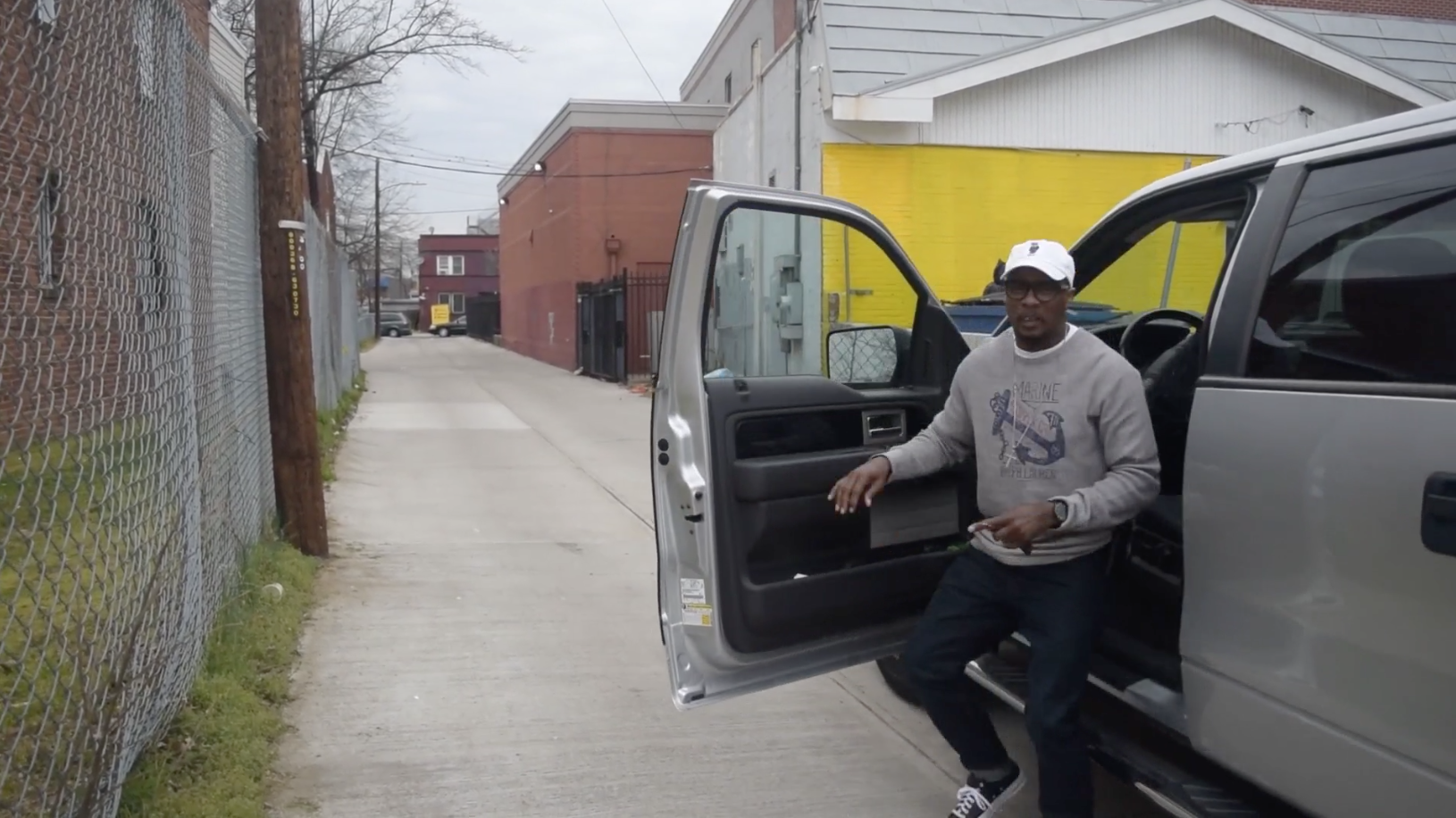
C. Kaplunov
Tags: drug use, addiction, incarceration, public policy, race
"Square One" - C. Masters
Tags: mental health, addiction, therapy
"Writers Group" - D. Charkewycz
Tags: homelessness, education, news media, story-telling
"Inner City Warriors" - D. Frank
Tags: early childhood education, literacy, music
"Decolonizing GW" - D. Gil
Tags: GW mascot name, colonialism, history
"Maintaing the Resistance" - D. Trupiano
Tags: protest, public policy, international relations, community organizing
"The Advocate" - E. Zepeda
Tags: transgender identity, sexual abuse, physical violence, sex work
"BLK Freestyle" - G. Thomas
Tags: music, identity, story-telling, race, social innovation
"In the Arena" - I. Brodt
Tags: student elections, GW Student Association, advocacy
"A Balance of Pursuits" - M. Banks
Tags: music, identity, career education
"Ajacs" - N. Gordon
Tags: music, culture, community
"A Seat at the Table" - R. Armany
Tags: GW Student Association, immigration, diversity, representation
"Sister Healing Circle" - S. Berhea
Tags: mental health, community, meditation, alternative medicine, safe spaces
BISC 1008 Understanding Organisms with Dr. Tara Scully
This course combines community-based activities on ecological issues, agricultural problems related to other organisms, and other environmental issues. Teams design, collaborate, and/or implement an activity with a community partner.
HSSJ 1100 Introduction to Human Service and Social Justice with Dr. Emily Morrison
In this course students learn to gather relevant background about the communities they serve in future HSSJ courses. This includes community assets, history, demographic information, local governance and leadership, and challenges. Teams research DC’s Wards and educate their classmates through presentations and reports.


